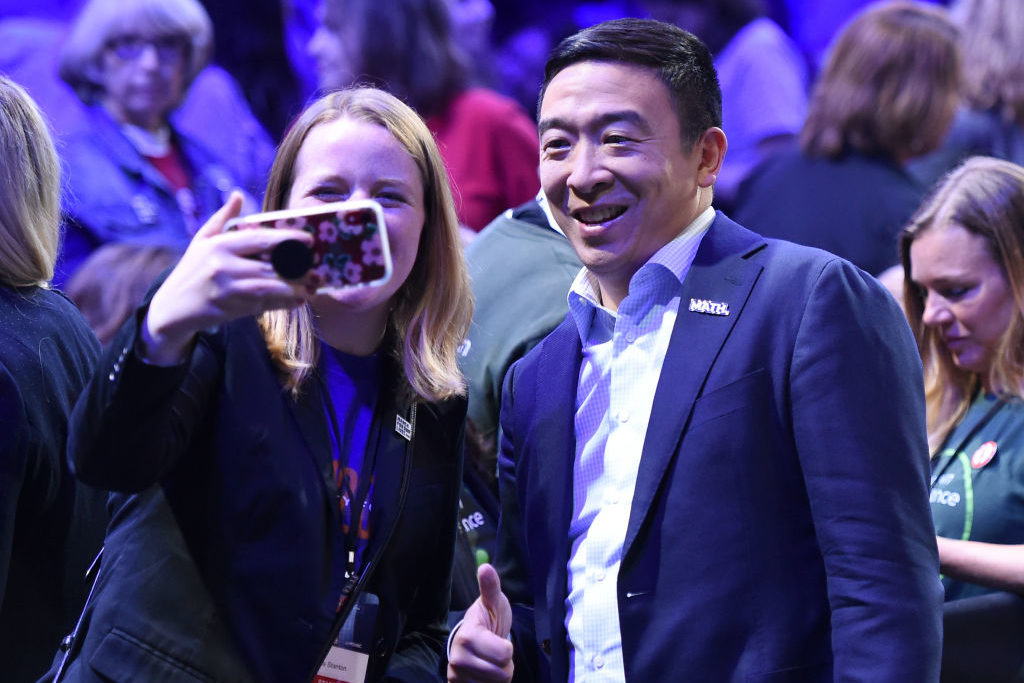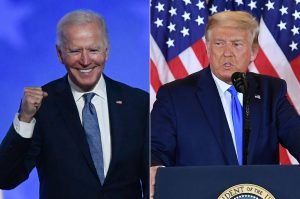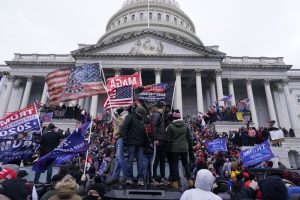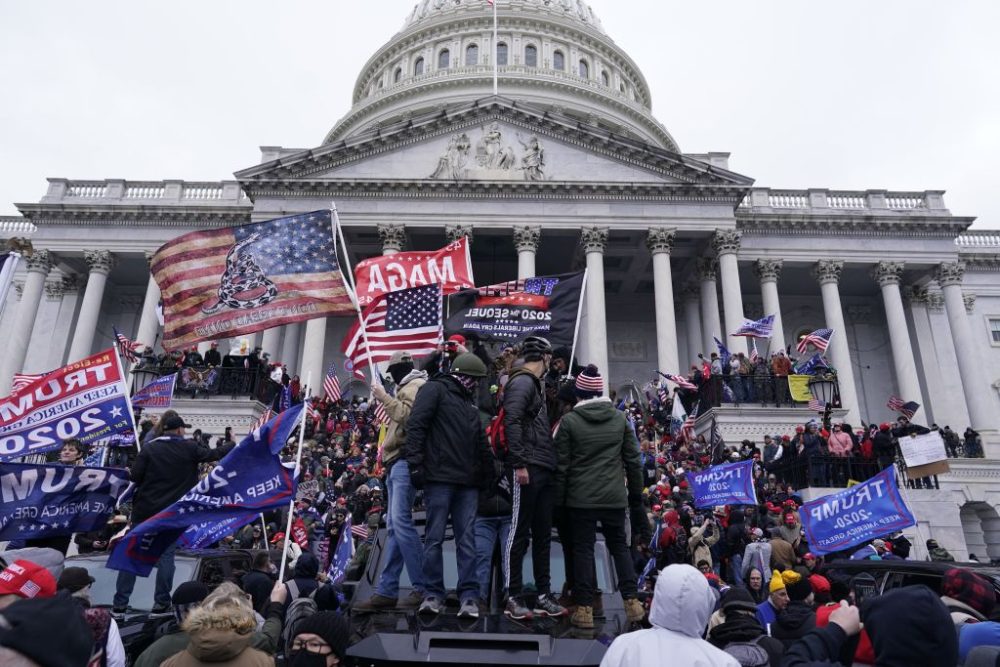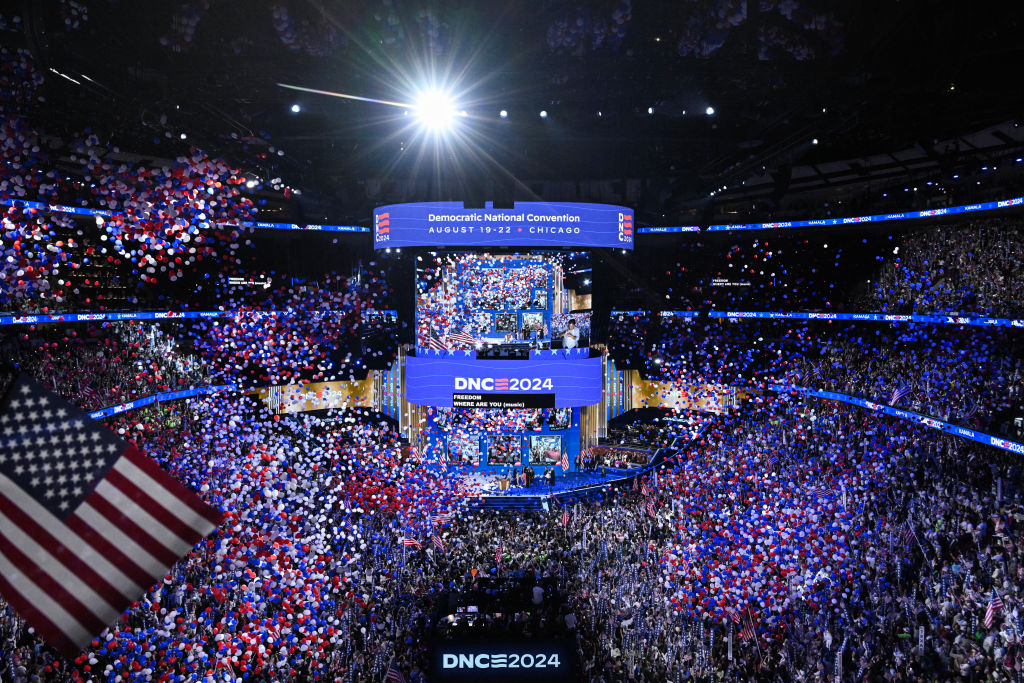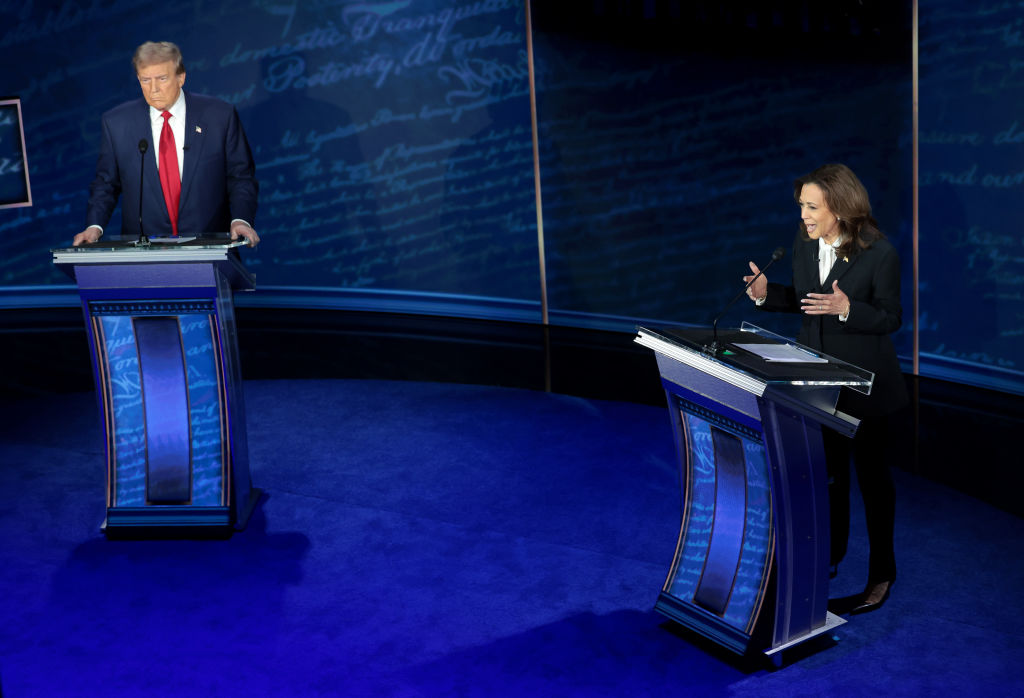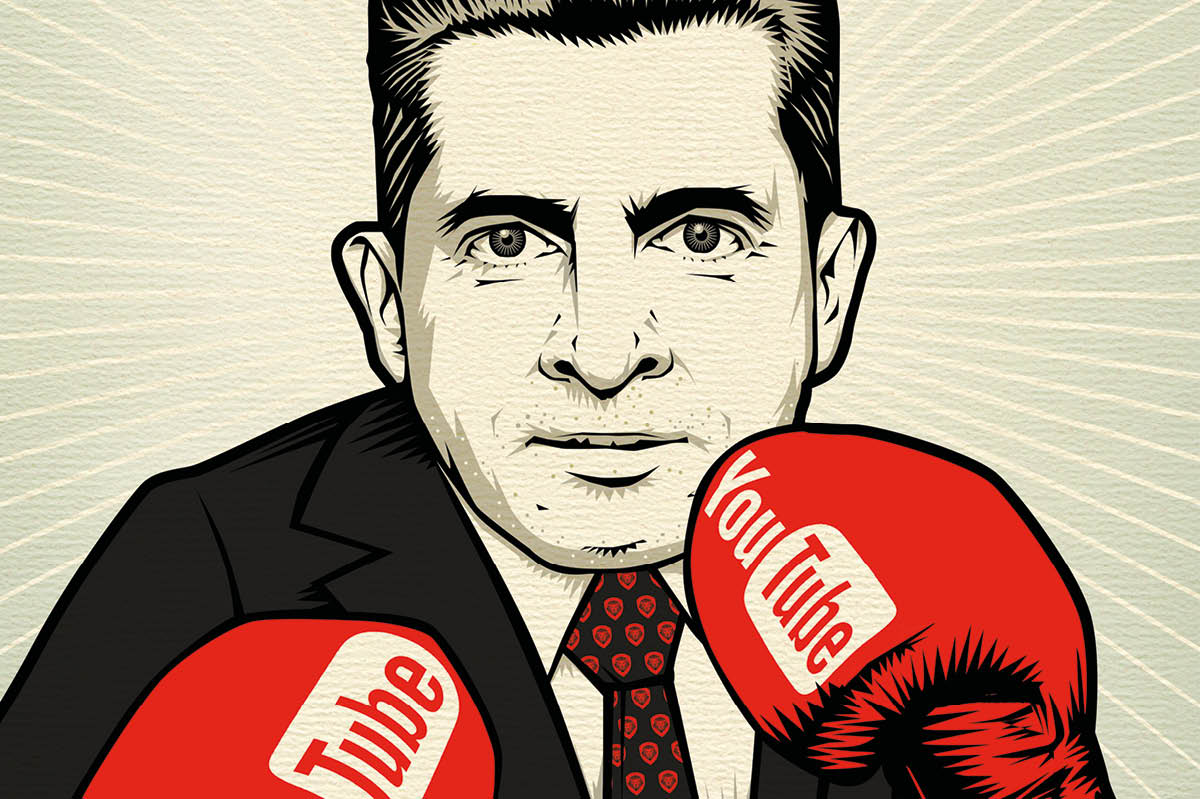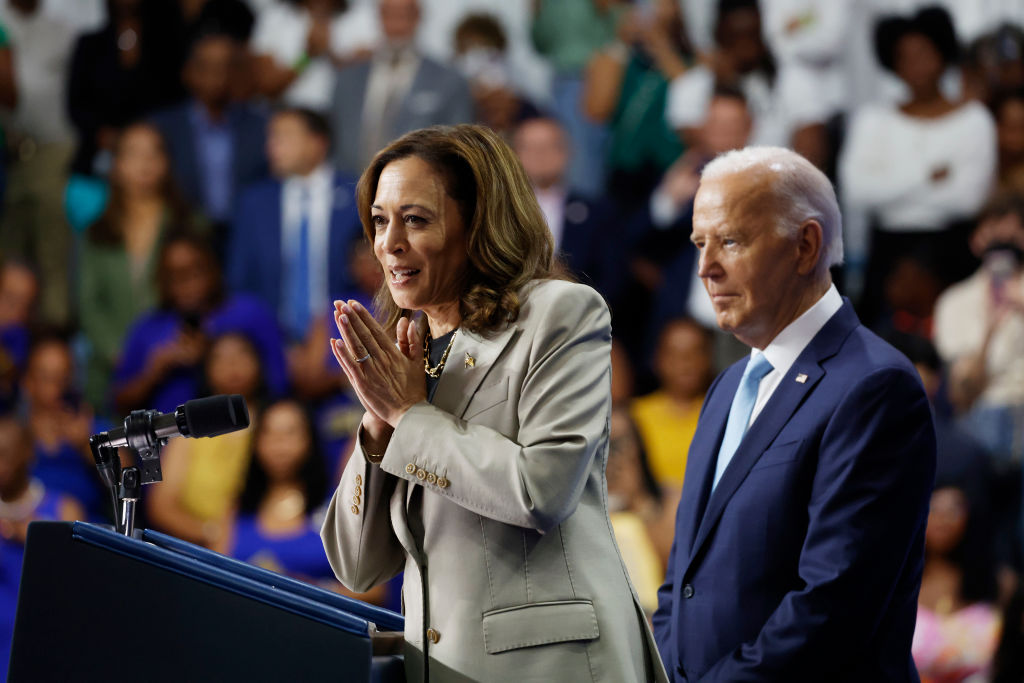Every so often, a political candidate rises to the fore fueled by the grievances of people who are seriously annoyed. Donald Trump, for example, stoked the fires of an America in perceived decline. Ron Paul in 2008 capitalized on the backlash to the costly military interventions of the Bush era. In 2016, Bernie Sanders drew together a coalition of the young, the far-left, and the people who didn’t want to cast a vote for a Clinton ever again. Typically, a candidate who creates an ‘I’m-mad-as-hell’ coalition tends to pull in some unusual supporters who don’t necessarily agree with the candidate on his or her main political platform, but who connects to the reason for being mad as hell — libertarians for Bernie, hippies for Ron Paul, or the much-talked-about Obama-Trump voters.
The 2020 election, still over a year away, has its own peculiar I’m-mad-as-hell coalition. In a strange twist, they’re lining up behind the usually cheerful Andrew Yang. Yang is an entrepreneur who’s never run for public office before and yet has improbably held on through multiple rounds of debate qualifications and quarterly fundraising reports. He’s rising rather than falling in the polls, at least for the most part. Is it because of his signature ‘Freedom Dividend’, a plan for universal basic income in the US that takes center stage at all his rallies?
I would argue that, no, it isn’t. Head over to the Reddit ‘subreddit’ for Yang campaign supporters, and you’ll start to get the idea that Yang’s momentum has a lot to do with people who have had enough of fear-mongering, hyperpartisanship, and an intense sense of doom — traits that have been exploited to no end lately by politicians and an attention-hungry media.
‘We all feel it, that something is terribly and deeply wrong, a looming sense of dread for our children’s futures and our country’s future,’ wrote Reddit user RandomLake7. ‘I was never able to put my finger on it until I saw Andrew Yang…that feeling of dread is still there, but it is beginning to go away as I see this campaign grow…happiness really is a state of mind, but what I realized was that even if you have a lot in life, you can never be truly happy when you live in a society where so many are on a knife’s edge.’
Many users say that Yang’s candidacy snapped them out of a depressive phase. ‘I’m not entirely sure what’s going on but I feel as if I was in a depression fog until Yang,’ wrote user samoa1013. ‘I don’t think I had any purpose, no real hope for the future, because honestly beyond my life society is a [clusterfuck]. I feel motivated now.’
But it’s not just about a $1,000/month fix getting people out of hard times. While Donald Trump demonized the ‘fake news’ media, Yang’s fed up with the clickbait media, and his supporters have identified just what it’s doing to us. And that’s getting him unlikely support.
A few examples: in the June debates, most of the press around Yang was centered on his decision to not wear a tie. Cleverly, in his closing statement in the July debates, Yang called out the media for turning politics into a reality show, cited the focus on his lack of a tie in the prior debates and made an appeal to those who ‘care more about your family and your kids than my neckwear.’
At a recent Los Angeles rally, Yang asked who in the crowd had voted for Trump in 2016, and then asked the rest of the crowd to cheer for them being there — a far cry from ‘baskets of deplorables’.
Yang also openly decried Saturday Night Live’s decision to fire new cast member Shane Gillis based on the use of racist epithets on recent comedy podcasts, even though Yang himself had been a target of them. ‘As the person who was personally called out in this case, I thought that if I could set an example that we can forgive people, particularly in an instance where, in my mind, it was in a comedic context or a gray area, that I thought it would be positive,’ Yang said at the time.
And his campaign slogan? ‘Not left, not right, forward.’
Yang’s political platform is hardly sunshine-and-rainbows; his plan to combat climate change paints it as an ‘existential threat’ and underscores the urgency in dealing with it. His primary justification for the ‘Freedom Dividend’ is the rise of automation displacing American jobs, which critics paint as overhyped invasion-of-the-killer-robots thinking. But his emoji-filled tweets and upbeat attitude convey a can-do attitude: bring in the nerds and a whole lot of boring facts, and we can solve this. It’s no wonder his supporters scream chants of ‘PowerPoint!’ while wearing hats that say ‘MATH’ on them.
This is all a reaction to something very real, and something that should alarm anyone in the media industry: people are getting fed up with dumbed-down news, cheap soundbites, and the willingness to do anything for a click. They are tired of overtly partisan media outlets stretching the truth for attention, of being told to hate their neighbors, and likely of the mental health effects of a hyperbole-obsessed news climate.
Now, in fairness, Yang still polls in the single digits — though he’s starting to pull ahead of candidates like California senator Kamala Harris. He’s unlikely to win the nomination, let alone the presidency. (And, as a side note, political cults of personality should give anyone pause; look at how that worked out for Barack Obama and now Donald Trump.)
But sometimes these things start with the nerds. Just look at ad blocking, a phenomenon that’s created serious headaches in the media and advertising industries for years now. Browser extensions and mobile apps that block ads have been around since the late Nineties, but they’re now among the most popular consumer software downloads, with 25 percent of internet users now using them in some form. The reason they’ve gotten so popular? People find online ads intrusive, creepy, and exploitative. The ad industry was notoriously slow to respond.
Andrew Yang is the ad blocker of political candidates, so to speak; he’s the candidate fueled by the support of people who are tired of being treated like idiots. Today it’s the ‘Yang Gang’, but tomorrow it’s likely bigger. The media industry should take note.



